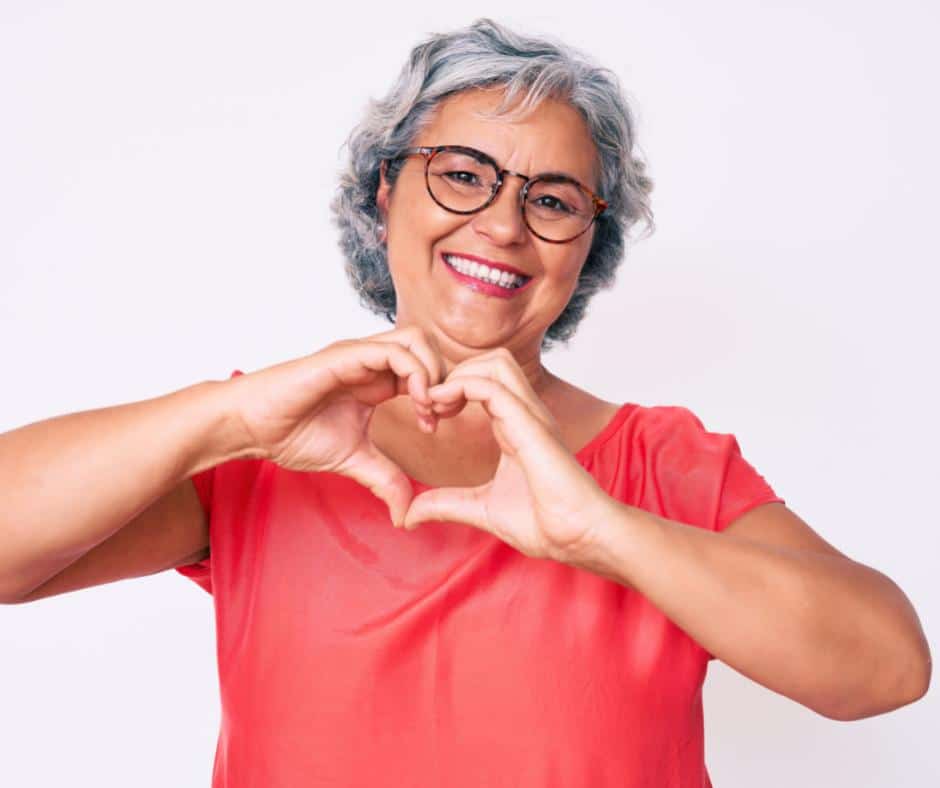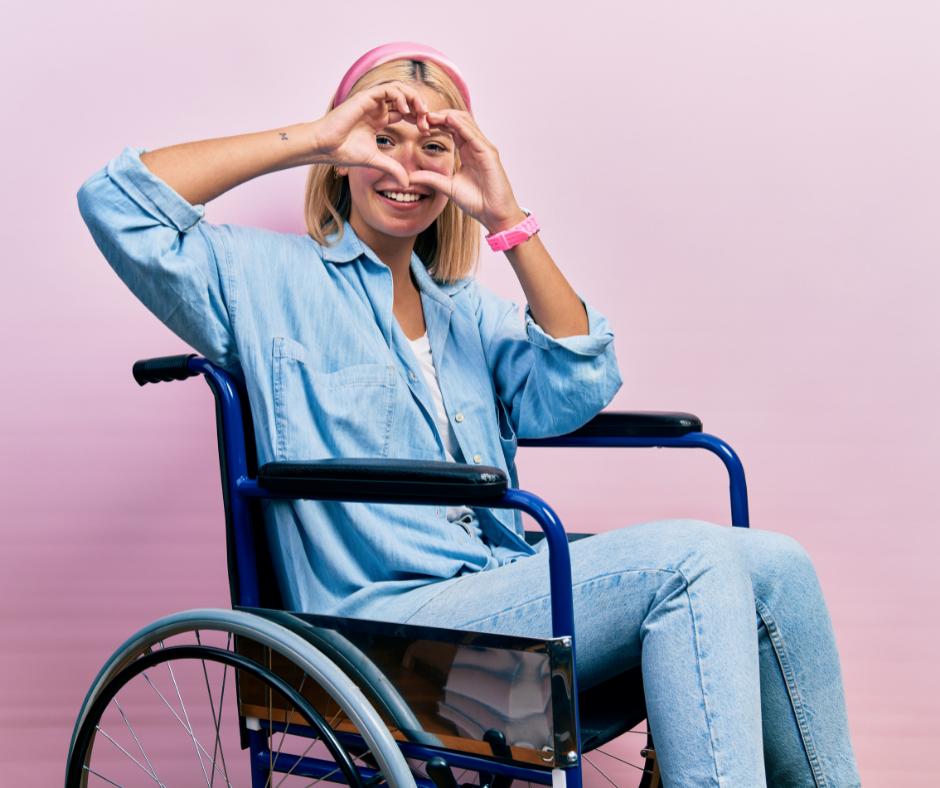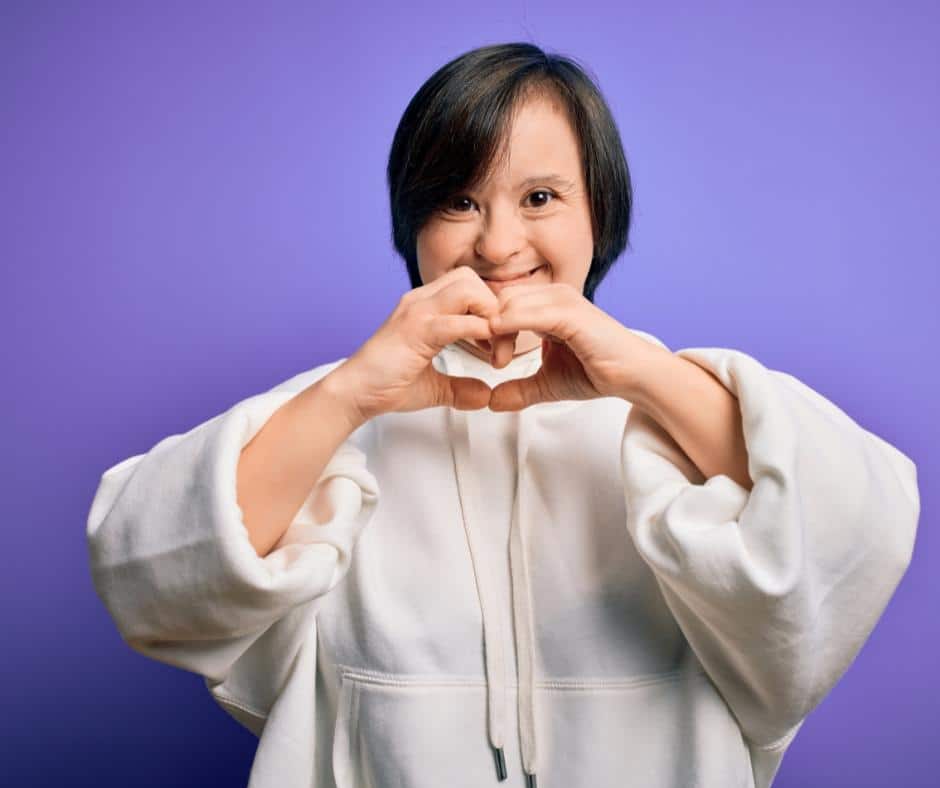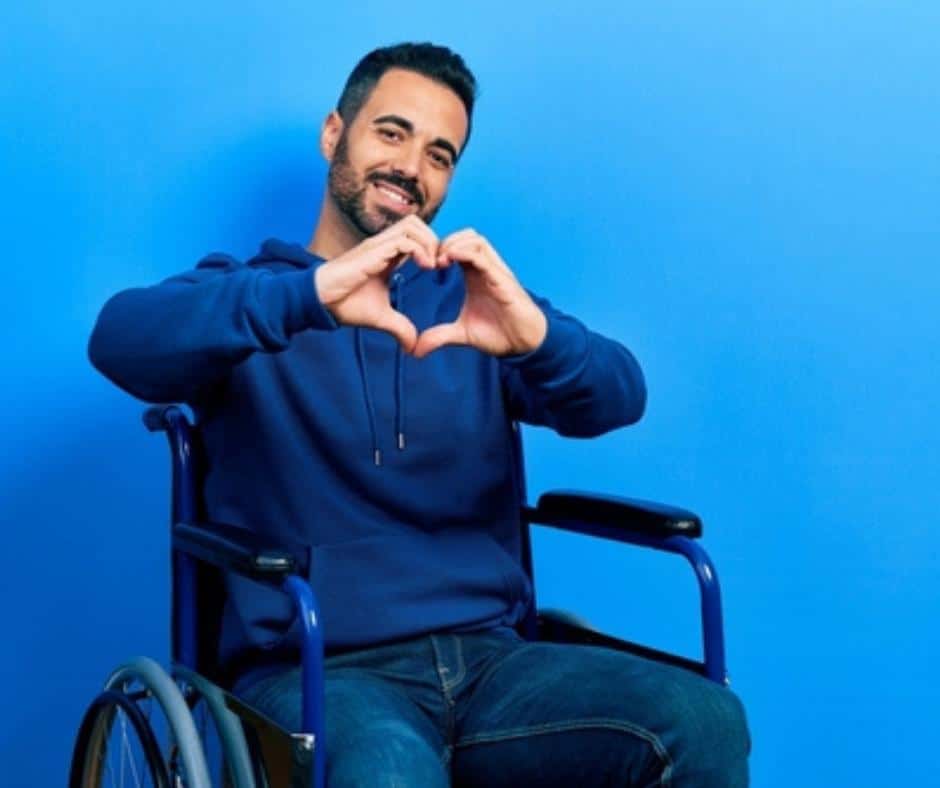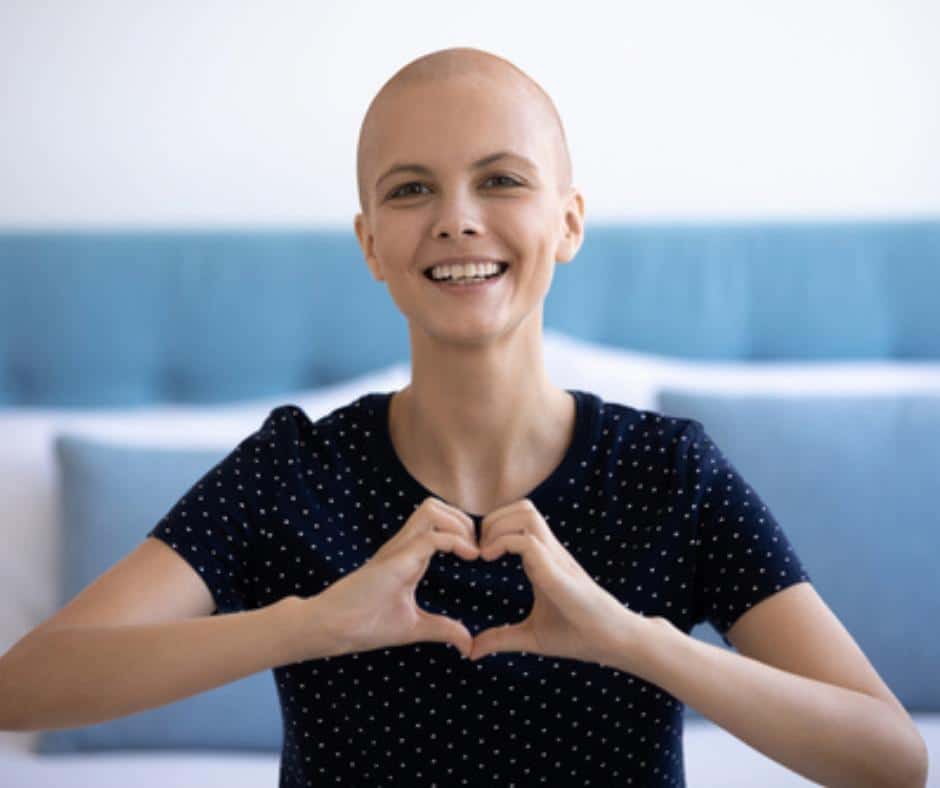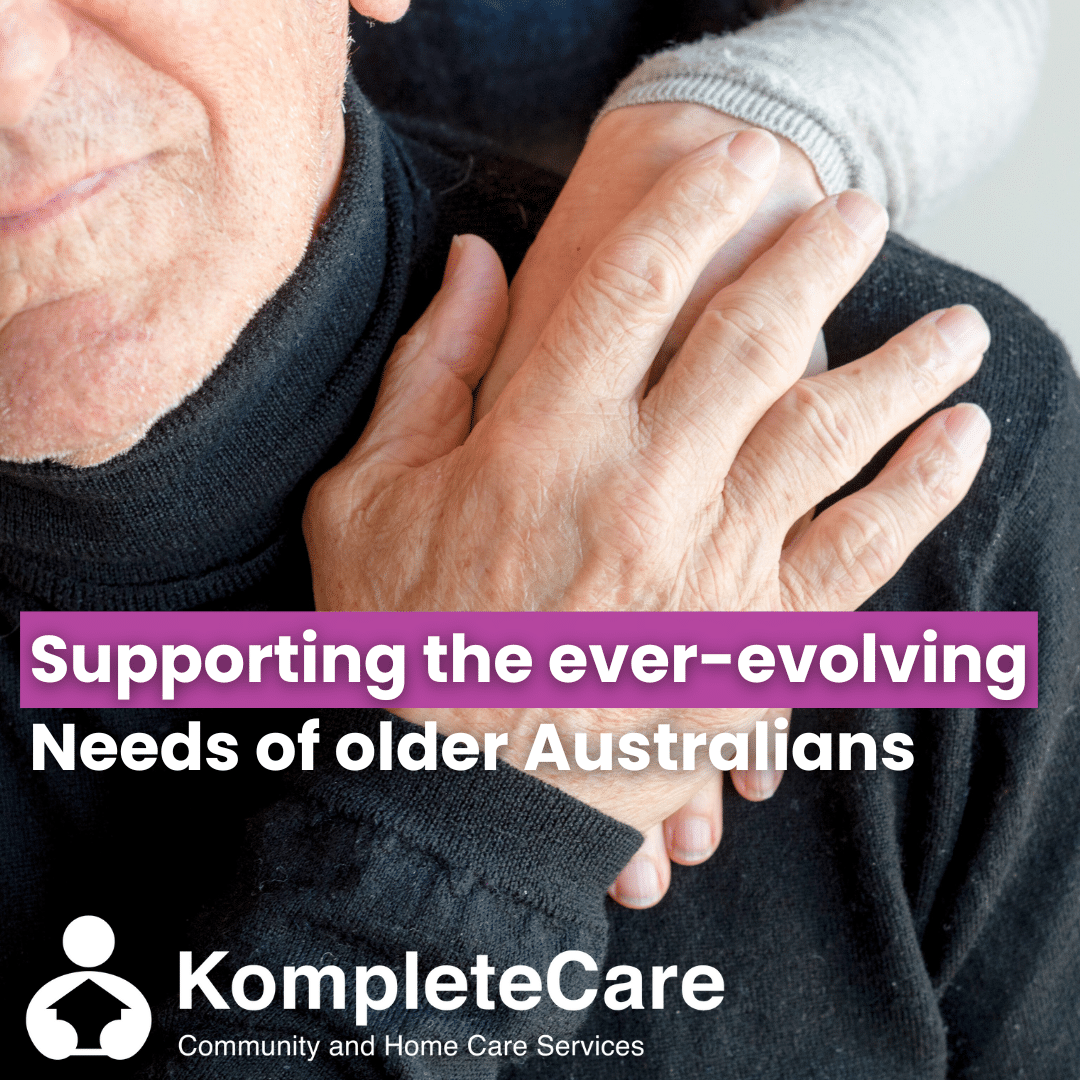Each year, on 1 October, the world observes International Day of Older Persons; a time to celebrate the contributions of older people and reflect on how society can better meet their evolving needs. In Australia, this reflection has never been more important, as the demographic shift towards an ageing population continues to reshape the way we think about care and independence.
At KompleteCare, we see these changes firsthand. With every client we support, we are reminded that care must evolve alongside the people it serves. It is a balancing act of compassion, clinical expertise, and respect for independence.
From household support to complex care
Traditionally, many older Australians required only light domestic assistance; help with cooking, cleaning, shopping, or transport. While these services remain essential, today’s ageing population often faces more complex health challenges. Longer life expectancies bring an increase in chronic conditions such as diabetes, dementia, Parkinson’s disease, and respiratory illnesses.
As a result, the support required has shifted from purely domestic assistance to a mix of clinical care, allied health services, and specialised support. This includes:
- Medication management and monitoring
- Mobility and fall prevention
- Dementia care and behavioural support
- Chronic disease management
- Palliative and end-of-life-care
This evolution reflects not only the growing medical needs of older people, but also their desire to live safely, independently, and dignified in their own homes for as long as possible—a goal central to KompleteCare’s mission.
Supporting independence and dignity
Supporting independence is not about providing less care; it means providing the right type of care. Older Australians thrive when they remain active participants in their lives and communities. That means taking a person-centred approach that focuses on:
- Tailoring support to the individual, recognising personal goals and preferences
- Encouraging older people to participate in daily activities, wherever possible
- Providing assistive technologies and modifications that enhance safety and autonomy
- Promoting social connection to reduce loneliness and isolation
By taking a holistic approach that focuses on more than just the person’s health needs, providers can help older Australians retain a sense of identity and control, even while managing more complex health needs.
Building the workforce to meet demand
As care needs become more clinical, the demand for a skilled and compassionate workforce continues to grow. It is no longer enough for providers to offer only basic supports. Today’s care teams must be equipped with specialised knowledge and the ability to manage complex conditions. This requires ongoing training in a variety of areas such as dementia support, manual handling, palliative care, and chronic disease management.
Equally important is recognising that medical needs are inseparable from emotional and social wellbeing. Promoting a culture of empathy and respect ensures care addresses not just physical health, but also quality of life. Older Australians, and their families, place their trust in healthcare workers during some of the most vulnerable stages of life, which makes the human element of care just as vital as technical expertise. By supporting staff through professional development and mentoring, providers can ensure their workforce feels valued and supported to care for older Australians with the highest standard of care.

International Day of Older Persons is a timely reminder of the responsibility we share in supporting an ageing population. By adapting services to meet shifting needs, investing in training, and supporting independence, we can ensure older Australians continue to live fulfilling, meaningful lives.
This commitment is at the heart of everything we do at KompleteCare. We believe every older person deserves to feel valued, respected and supported. By working together with families, communities, and care providers, we can build a future where aging is embraced with dignity and compassion.

